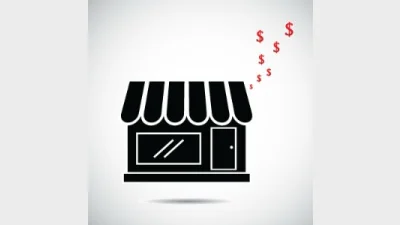“Onerous” SG non-compliance penalties hurt small businesses



The Institute for Public Accountants has slammed penalties for super guarantee (SG) non-compliance as “draconian,” saying that they could be very damaging to struggling small businesses and warning that more red tape could be coming.
Presently, non-complying employers would be required to pay “onerous charges” of both the total of their total SG shortfalls for the year and nominal interest and administration fees for that quarter.
They could also be liable to pay an additional SG penalty of up to 200 per cent of the SG charge payable should they fail to lodge an SG statement to the Commissioner.
The IPA labelled such punishments “draconian,” saying that it could damage small businesses struggling with cash flow issues.
While IPA chief executive officer, Andrew Conway, acknowledged that employers should make timely and accurate superannuation payments on behalf of their staff, he slammed the penalties for failing to differentiate between small businesses.
“Let’s get human and … not tar every small business with the same excessive compliance brush,” he said.
Conway said “a more measured approach” to non-compliance was needed, with the “draconian” measures needing to go before new measures, such as education, imprisonment or directions to pay, were added.
Recommended for you
The central bank has announced the official cash rate decision for its November monetary policy meeting.
Australia’s maturing superannuation system delivers higher balances, fewer duplicate accounts and growing female asset share, but gaps and adequacy challenges remain.
Global volatility and offshore exposure have driven super funds to build US-dollar liquidity buffers, a new BNY paper has found.
Less than two in five Australians are confident they will have sufficient assets to retire and almost three-quarters admit they need to pay greater attention to their balance, according to ART research.









